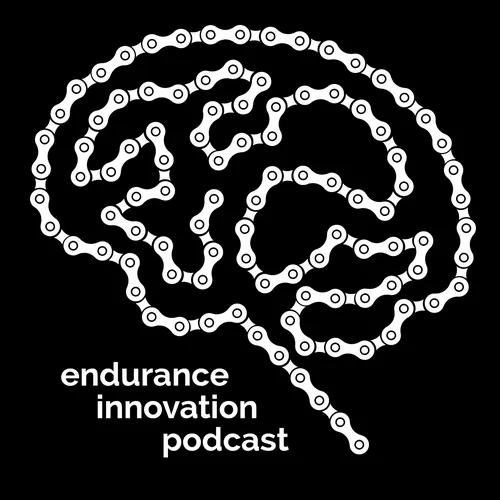91 - Sleep Expert Dr. Amy Bender
- Author
- Michael Liberzon
- Published
- Thu 11 Feb 2021
- Episode Link
- https://zencastr.com/z/6j4jSVir
Endurance Innovation is now on Patreon! Have a peek at our page and show us some love.
- 1:30 meet Dr Amy Bender
- 3:00 an overview of the importance of sleep
- One of the pillars of health
- Impacts nutrition
- Ability to execute training
- Chronic poor sleep associated with a number of negative health outcomes
- Impacts injury risk
- Immune health
- 7:30 sleep quantity guidelines
- 7 - 9 hours, depending on training load
- More training requires more sleep
- 9:15 can you get too much sleep?
- There’s a correlation with sleep outside of the 6.5 - 9 hours and increased prevalence of depression. The effect appears bi-directional.
- 15:30 consistency in sleep is important
- 16:30 the value and ‘how tos’ of naps
- Only 20% of Canadian National athletes were napping, and they are missing out
- 20’ naps have value
- Schedule naps into your training
- Naps contribute to weekly sleep duration
- Avoid naps too close to bedtime: 1200 - 1600 ideal
- Short naps should be short enough to avoid deep sleep: <30’
- Long naps should be long enough to allow a full sleep cycle: >90’
- 23:00 the phases of sleep
- Non-rem: divided into phases 1 through 3, with stage 3 being the deepest stage where a lot of the physical recovery takes place. The majority of phase 3 occurs in the first half of the night.
- Rem sleep
- One full cycle is ~90’
- Sleep phases are impacted by our actions during the day, but difficult to control
- 28:30 how does waking up at night affect sleep quality and sleep stages?
- 30:30 the effects of stress on sleep
- 31:30 techniques for falling asleep after waking in the middle of the night
- Good, consistent, pre-sleep routine
- Put away electronics
- Take a warm bath / shower
- Stretch
- Read a paper book
- Write a to-do list
- Breathing technique: 4-7-8 or snake breathing
- Cognitive shuffle
- Avoid staying in bed for longer than 20’ trying to fall asleep. Instead, do a relaxing - non-screen based activity in a different environment. And only return back to bed when you feel sleepy.
- Good, consistent, pre-sleep routine
- 36:30 sleep quality. With high quality sleep classified by:
- Following asleep in less than 30’, waking up only once per night, being awake less than 20’ during that wake-up, and spending more than 85% of total time in bed sleeping.
- 38:15 seek professional sleep help if above conditions are chronically not met
- 38:45 improving sleep quality
- Exercise
- Reduce caffeine intake
- Avoid alcohol
- 42:45 quality or quantity?
- 43:15 an audio device to improve sleep quality
- 44:15 sleep disruption from sleep partners 🤬
- 45:45 the seriousness of snoring
Please send any questions you have about sleep to [email protected]. Check out Dr. Benders excellent questionnaire and guidance on sleep and follow her on Instagram and Twitter.
